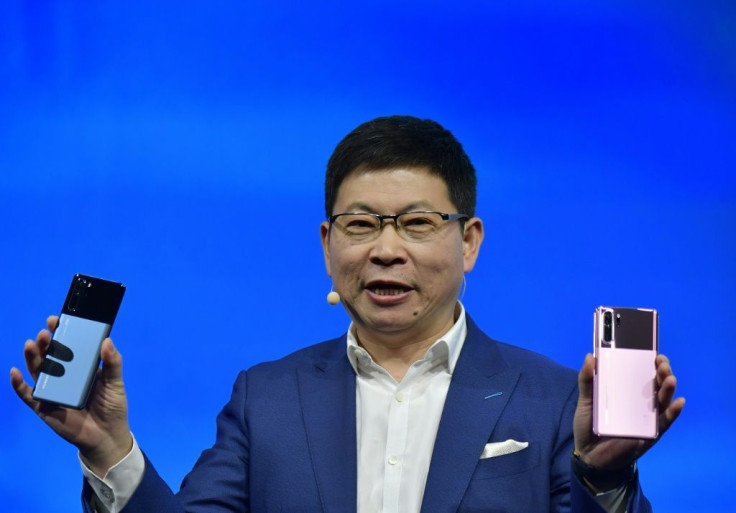Huawei Plans To Sell 5G Technology To Western Buyer For A Price

Chinese tech giant Huawei has recently confirmed its plans to sell its 5G technology to other companies to the US. Analysts see this move as the company maintaining its global presence after its losses after bans. So far, the US and Australia has blocked new Huawei devices from entering its territory again.
Huawei head Ren Zhengfei has confirmed that its willing to offer its 5G systems to other Western companies for a price in a report from BBC. Zhengfei confirms that buyers of their tech are also free to be changed and edited without Huawei’s supervision and involvement.
Other than Huawei, alternative sources of 5G equipment and infrastructure are Nokia and Ericsson. The U.S. currently has companies that are working on 5G technologies such as Hewlett-Packard, Dell EMC, and Cisco but none of them have the infrastructure to support them at the moment.
The deal with 5G systems doesn’t just stop from buying their technology but also subscribes its partners with Huawei’s long list of licenses, patents, blueprints, production engineering language, and patents. As one of the world’s best smartphone companies, Huawei’s technology could allow other businesses to flourish in their own products and devices.
Analysts see this as the company’s move to keep its international presence amidst the U.S.-China trade war ban. According to the Economist, Huawei’s “balanced distribution of interests is conducive to their survival. While the ban has blocked new Huawei devices from coming in the country, Huawei is still finding ways to bypass the ban through other offerings to these countries.
Speaking of the company’s survival, the ban has affected the company’s income as it cannot sell to the U.S., a major tech consumer region, anymore.
While the company is prohibited from sending in their devices as the government sees them as a security threat, Huawei is keen on finding a way to stay as a presence in the region for as long as it can.
Huawei is even making efforts to keep its business relationship with Google with Chinese company refusing to use Harmony OS for its smartphones. Google is prohibited from directly working with the company for its Android OS. As of now, the company is still using Android OS on its recent Mate 30 smartphone even though it can’t access the Google Play Store.
© Copyright IBTimes 2025. All rights reserved.



















